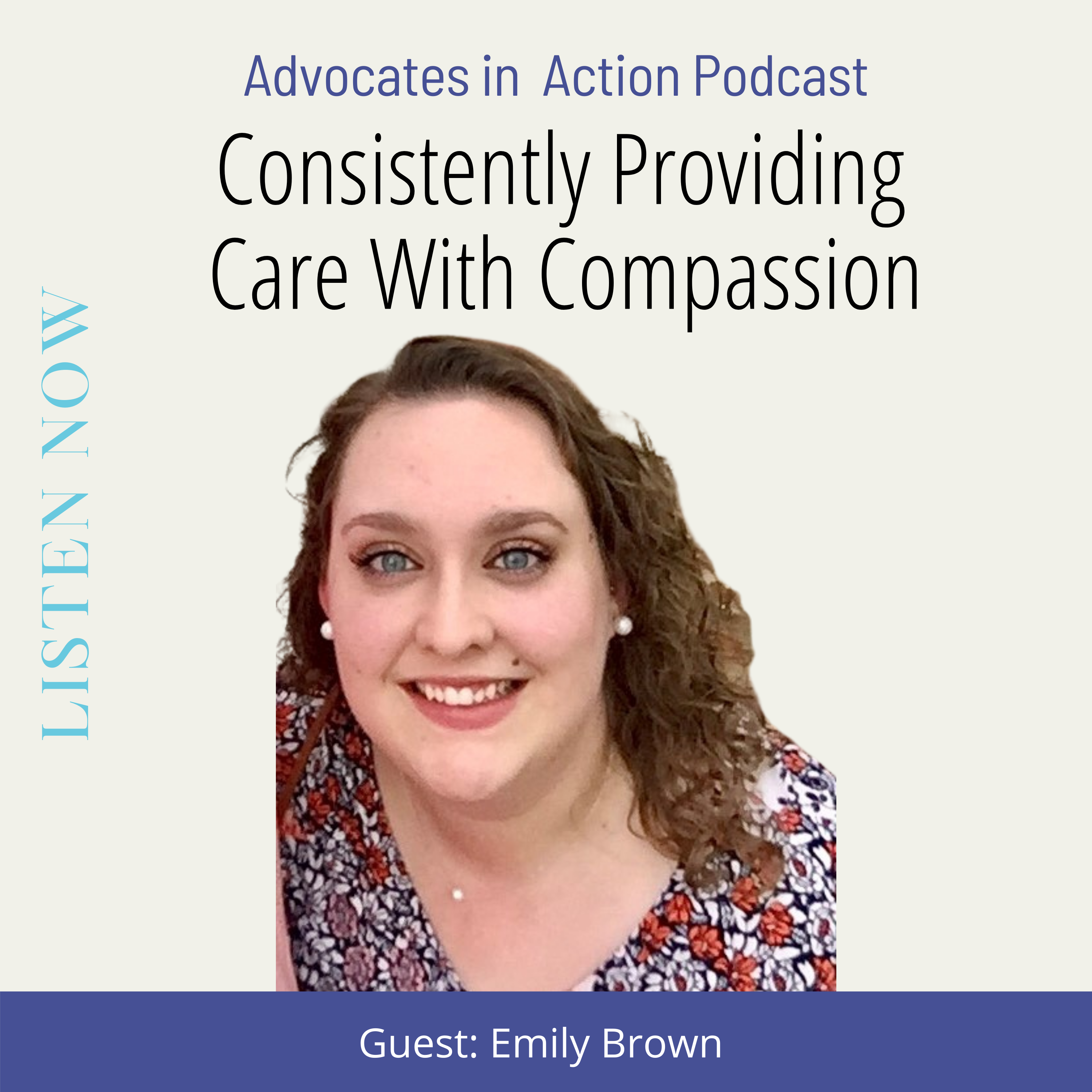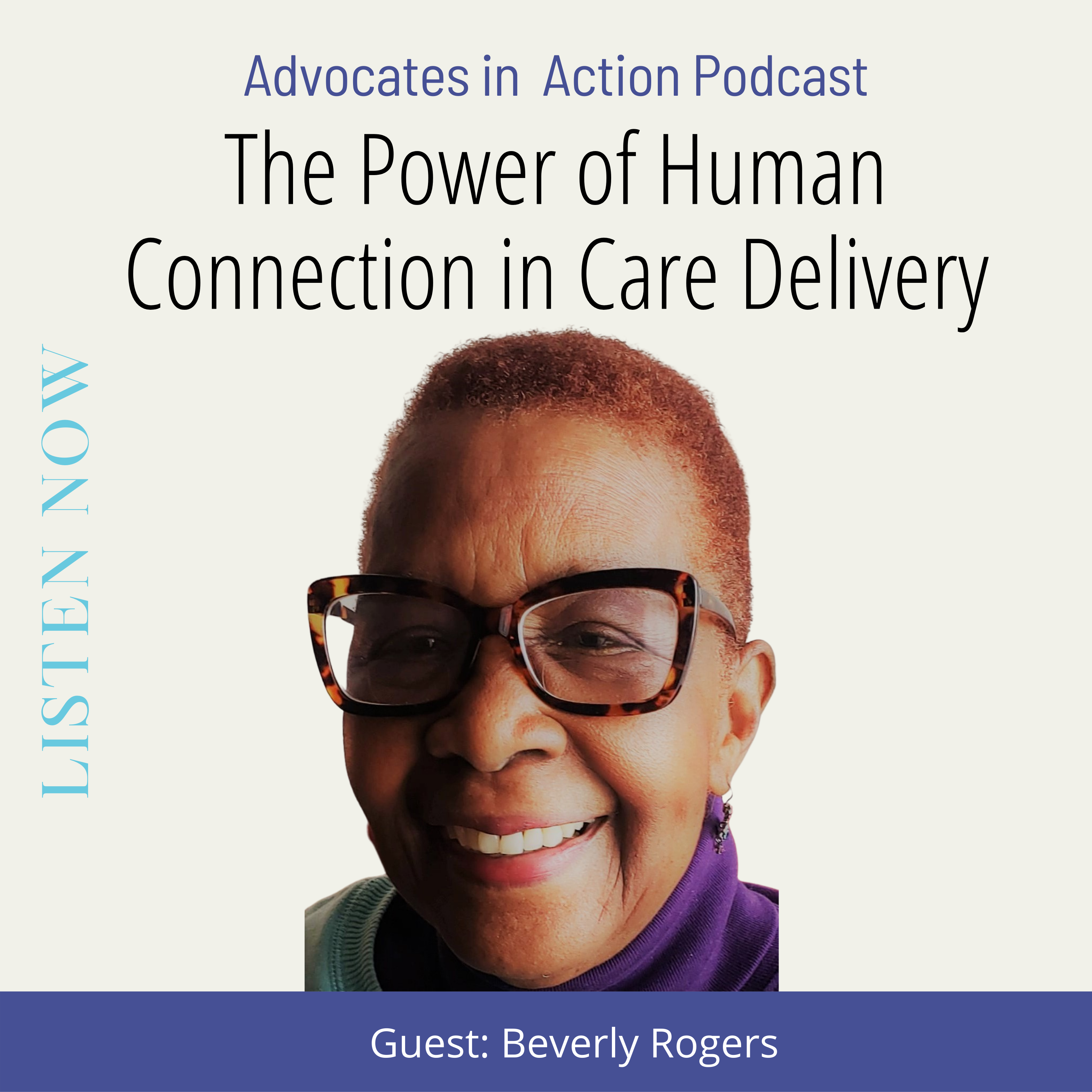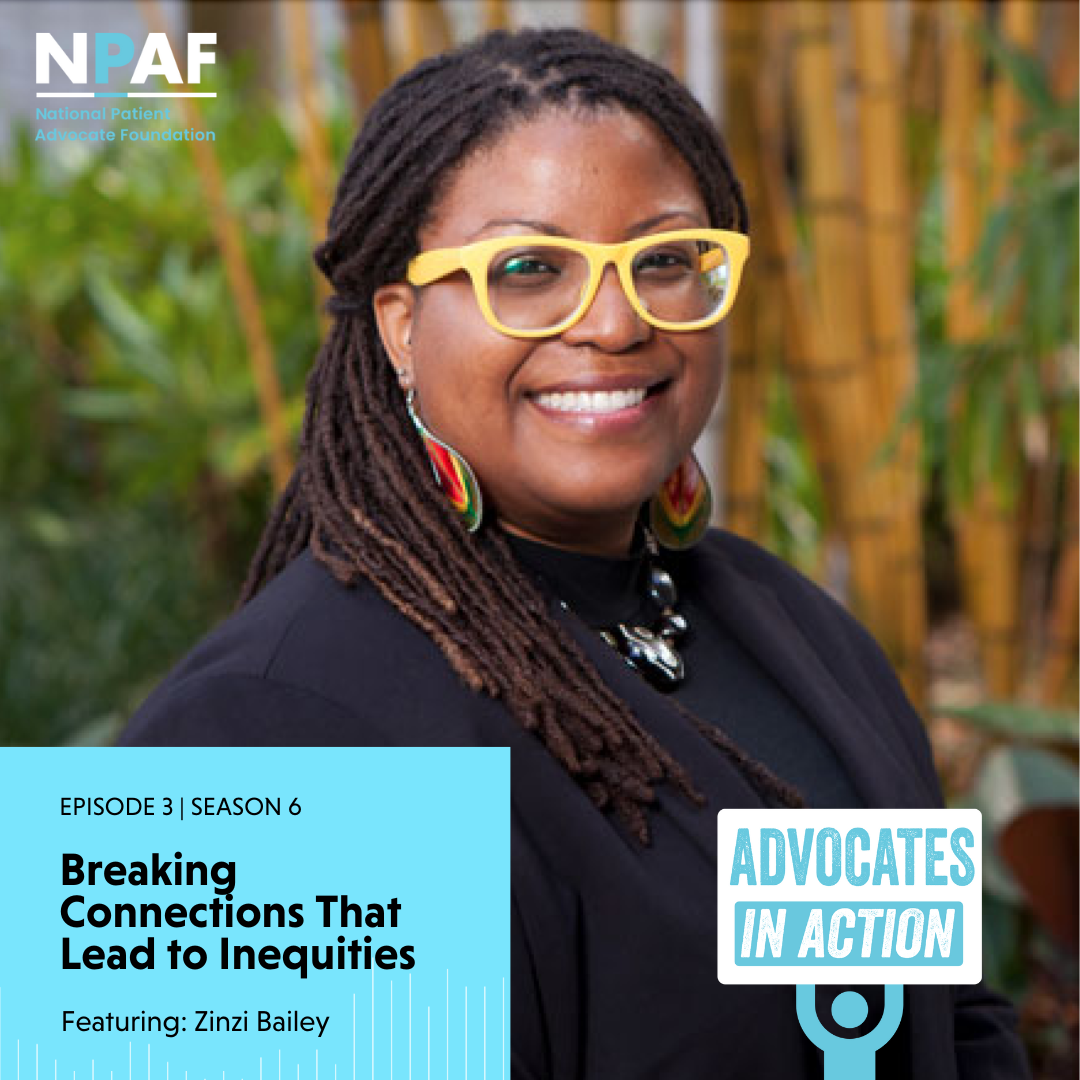Understanding Health Through Diversity: Dr. Luisa Borrell on Hispanic and Latino Health Inequities
To truly tackle health inequities, we must first understand the unique challenges faced by each community. When it comes to the Hispanic and Latino populations, it’s crucial to avoid generalizations—these groups are not monolithic. The key to accurately assessing health disparities is in understanding the diverse experiences within these communities.
In this insightful episode, Dr. Luisa Borrell, a leading social epidemiologist, shares the framework she uses to unravel the complexities of health among Hispanic and Latino populations. By examining key factors such as ethnicity, socioeconomic status, education, income, immigration status, and neighborhood environment, Dr. Borrell provides a comprehensive approach to understanding the health status of these diverse groups.
In a world of intersectionality, Dr. Borrell explains that we cannot truly grasp the full picture of a person's health if we ignore the independent factors that shape their experience. Listen in as Dr. Borrell explores how a holistic approach to health is essential for addressing disparities and crafting equitable solutions that reflect the realities of each community.
Resources for this Episode Include:
Racial Identity Among Hispanics: Implications for Health and Well-Being: https://ajph.aphapublications.org/doi/10.2105/AJPH.2004.058172?url_ver=Z39.88-2003&rfr_id=ori%3Arid%3Acrossref.org&rfr_dat=cr_pub++0pubmed
The Impact of Salmon Bias on the Hispanic Mortality Advantage: https://www.ncbi.nlm.nih.gov/pmc/articles/PMC2546603/
The First Birth Control Pill Used Puerto Rican Women as Guinea Pigs: https://www.history.com/news/birth-control-pill-history-puerto-rico-enovid
The Mexican-American War: https://www.thecollector.com/mexican-american-war-territory/
This season is brought to you in collaboration with American Board of Internal Medicine (ABIM). This compliments the ABIM Foundation's Building Trust Initiative. We will highlight different stories and context that illustrate racial, ethnic, and gender health disparities. Our goal is to provide this historical context, show how it is connected to inequities that still happen, and share how changemakers are taking action to ensure that history doesn't continue to repeat itself.

What does it take to provide care that’s not only high-quality, but deeply compassionate? In this episode, we hear from Emily Brown, whose passion...

Respect, Trust & the Human Side of Health Care: A Conversation with Beverly Rogers What if the most important part of health care isn’t...

Unpacking Health Inequities: How Social Determinants Shape Our Health Outcomes The conditions in which we live—safe housing, access to transportation, freedom from violence, access...